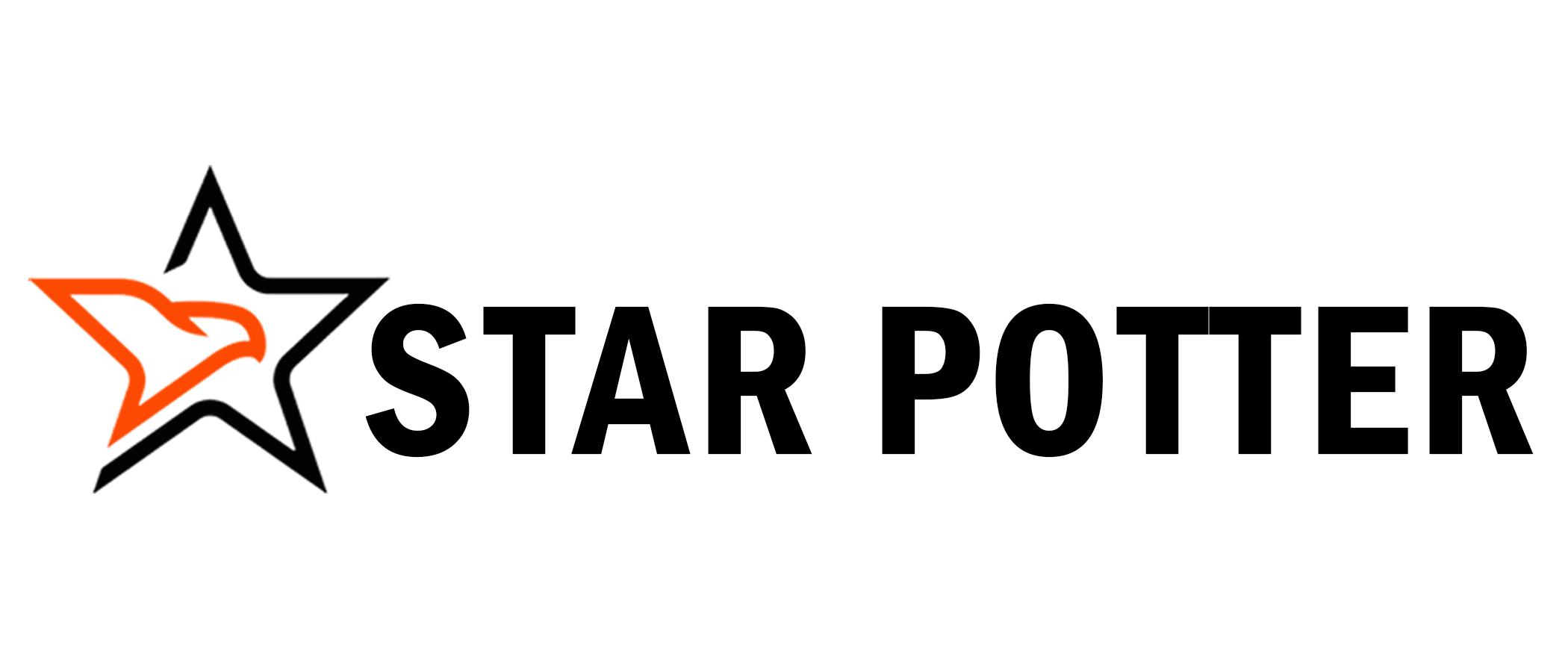IMF Confirms Return Of Petrol Subsidy Under Tinubu
The International Monetary Fund (IMF) has said the Nigerian government has, through the backdoor, resumed the payment of subsidies on the premium motor spirit (PMS), otherwise known as petrol.
Recall that on May 29, 2023, during his swearing-in speech, President Bola Tinubu announced an end to petrol subsidy, triggering a hike in the prices of goods and services in the country.
A few weeks later, the Central Bank of Nigeria (CBN) collapsed the different exchange rate regimes into one, with the value of the naira to the dollar weakening.
As of yesterday, it was N1,499/$1 at the official window and N1,515/$1 at the parallel market.
Over the weekend, the IMF issued a statement on the conclusion of its Executive Board’s Post Financing Assessment with Nigeria, and it expressed concerns that the government had capped the prices of fuel at retail stations.
The global lender advised the administration of President Tinubu to completely stop the payment of subsidies on petrol to free funds to run the government.
However, prominent Nigerians and regional groups had at different times scolded the IMF for what they described as “anti-masses policies”, and called on Nigerian government to explore home grown options that would fix the economy and better the life of the people.
In the past few days, there have been reports of queues returning to petrol stations in major cities in the country, but the Nigerian National Petroleum Company (NNPC) Limited allayed the fears of consumers, assuring that it has enough to go around.
How petrol prices feared since subsidy removal
After the removal of the petrol subsidy in May 2023, the pump price changed from N185 per litre to N400 per litre, and then to N568 per litre at NNPC fueling stations, while others currently sell above N600.
The government had said the prices would fluctuate after subsidy removal from time to time but the pump price has maintained a steady rise despite the fact that the price of crude oil in the global market keeps going up and down.
The IMF, in its latest statement at the weekend, said the Tinubu administration has “capped retail fuel and electricity prices” ostensibly to “ease the impact of rapidly rising inflation on living conditions, thus partially reversing the fuel subsidy removal.”
Daily Trust investigation in September revealed that despite the numerous assurances by President Tinubu that the subsidy was gone, the federal government paid N169.4 billion as subsidy in August to keep the pump price at N620 per litre.
A document from the Federal Account Allocation Committee (FAAC), sighted by one of our reporters, showed that in August 2023, the Nigerian Liquefied Natural Gas (NLNG) paid $275m as dividends to Nigeria via NNPC Limited. NNPC Limited used $220 million (N169.4 billion at N770/$) out of the $275 million to pay for the PMS subsidy. Then NNPC held back $55 million, illegally.
Petrol may sell for over N1000/l due to devaluation
The recent devaluation of the naira at the official forex window which has seen it exchange for N1, 499/$ will likely push pump price of petrol to cross the N1, 000 per litre mark.
A breakdown of the landing cost of petrol before the latest devaluation showed that product cost was N627.82 per litre, finance cost was N11.61, and operations/administrative cost N12.32, bringing the total landing cost to N651.75 per litre with local currency pegged at N900/dollar ceiling.
The amount has seen independent marketers adjust pump price three times between August and December 2023, forcing them to sell between N660 per litre to N670 per litre.
NNPC retail outlets have however continued to sale at N617 per litre.
With the old situation, it is fully suggestive that petrol ought to sell at over N720, and someone, most probably, is paying the price differential.
Therefore, the new exchange rate indicates that prices should to be above N1,000 per litre.









